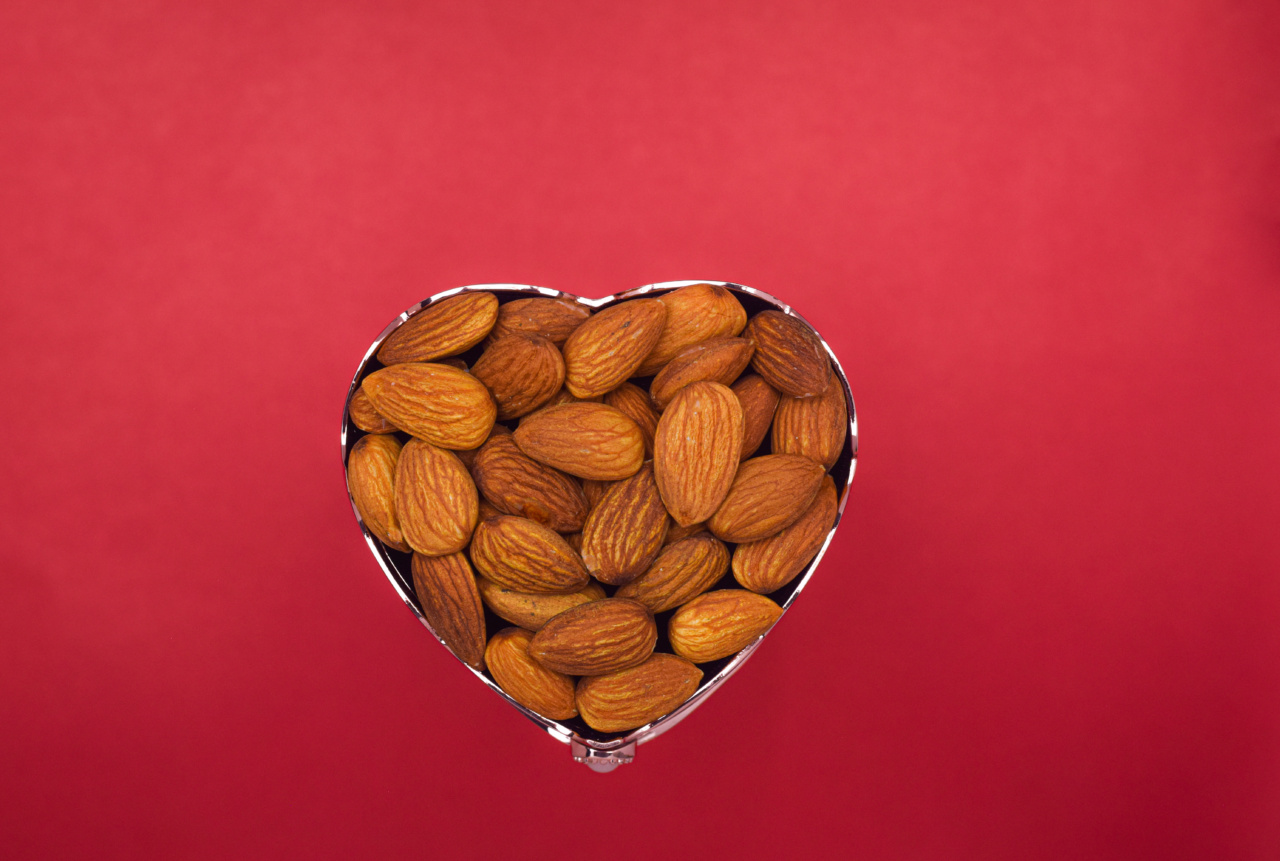The heart and brain are two of the most vital organs in the human body. They perform essential functions that keep our bodies going and allow us to carry out our daily routines.
While the heart is responsible for pumping blood throughout the body, the brain handles all cognitive functions and processes. As such, it is essential to safeguard both organs, and one of the easiest ways to do that is by consuming a healthy and balanced diet.
The human body requires proper nutrition to function optimally, and consuming the right types of food can go a long way in promoting heart and brain health.
1. Omega-3 Fatty Acids
Omega-3 fatty acids have become increasingly popular in recent years due to their numerous health benefits. They play a crucial role in reducing inflammation in the body and preventing chronic diseases such as heart disease and stroke.
Additionally, omega-3 fatty acids have been shown to improve brain function and reduce the risk of cognitive decline as we age. The best sources of omega-3 fatty acids include fatty fish such as salmon, sardines, and trout, as well as certain nuts and seeds such as chia seeds and flaxseeds.
For individuals who do not consume enough omega-3 fatty acids, supplements are readily available in most drug stores and health food stores.
2. Berries
Berries are nutrient-rich fruits that pack a ton of health benefits. They are low in calories but high in fiber, antioxidants, and other important nutrients that support heart and brain health.
Blueberries, for example, are particularly beneficial due to their high levels of anthocyanins, which are powerful antioxidants that protect against oxidative stress. Other types of berries, including strawberries, raspberries, and blackberries, are equally beneficial and can be easily incorporated into your diet by adding them to smoothies, salads, or eating them as a snack.
3. Leafy Greens
Leafy greens such as kale, spinach, and collard greens are some of the healthiest foods you can consume. They are rich in vitamins, minerals, fiber, and antioxidants, all of which are important for overall health.
Eating leafy greens has been linked to a reduced risk of heart disease and stroke, as well as improved brain function. To incorporate leafy greens into your diet, add them to salads, soups, or stir-fries. You can also blend them into smoothies to make a nutrient-dense and delicious drink.
4. Nuts and Seeds
Nuts and seeds are excellent sources of healthy fats, fiber, and protein. They are also loaded with important vitamins and minerals, making them an essential part of any healthy diet.
Almonds, for example, are a rich source of vitamin E, which has been shown to support heart health by reducing the risk of heart disease. Walnuts are an excellent source of omega-3 fatty acids, which are important for brain health.
Other nuts and seeds, including pumpkin seeds, sunflower seeds, and Brazil nuts, are equally beneficial and can be eaten as a snack or added to salads, oatmeal, or smoothies.
5. Whole Grains
Whole grains are an excellent source of dietary fiber, which is essential for heart health. Fiber helps to lower cholesterol levels in the blood, reducing the risk of heart disease and stroke.
Additionally, whole grains are rich in vitamins and minerals that support brain health. Foods such as whole-wheat bread, brown rice, and oatmeal are easy to incorporate into your diet and can be used as a base for many healthy and delicious dishes.
6. Dark Chocolate
Dark chocolate is not only delicious, but it is also loaded with health benefits. It is rich in flavonoids, which are powerful antioxidants that protect against oxidative stress and inflammation.
Studies have shown that consuming dark chocolate can help to reduce blood pressure, lower cholesterol levels, and improve overall heart health. Additionally, dark chocolate has been shown to improve cognitive function, making it an excellent snack for boosting brain power.
7. Turmeric
Turmeric is a spice that is commonly used in Indian cuisine. It contains a powerful compound called curcumin, which has been shown to have anti-inflammatory and antioxidant properties.
Curcumin has been linked to a reduced risk of heart disease and stroke, as well as improved brain function. To incorporate turmeric into your diet, add it to soups, stews, or smoothies. You can also take it in supplement form.
8. Avocado
Avocado is a unique fruit that is rich in healthy fats, fiber, and important nutrients such as potassium and vitamin E. Consuming avocados has been linked to a reduced risk of heart disease, as well as improved brain function.
Avocados are incredibly versatile and can be used in a variety of dishes, including salads, smoothies, and sandwiches.
9. Pomegranate
Pomegranates are a superfood that is loaded with antioxidants, vitamins, and minerals. Consuming pomegranate has been shown to have numerous health benefits, including reducing inflammation and promoting heart health.
Additionally, pomegranate has been shown to improve cognitive function and memory, making it an excellent food for brain health. Pomegranate can be added to salads, smoothies, or eaten on its own as a snack.
10. Fermented Foods
Fermented foods such as kimchi, sauerkraut, and kefir are excellent sources of probiotics, which are beneficial bacteria that live in the gut.
Probiotics have been linked to a reduced risk of heart disease and stroke, as well as improved digestive and cognitive function. Consuming fermented foods can also help to reduce inflammation in the body, which is important for overall health. Fermented foods can be added to salads, used as a topping for sandwiches, or eaten on their own as a snack.





























